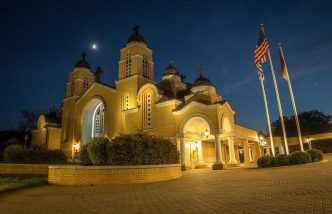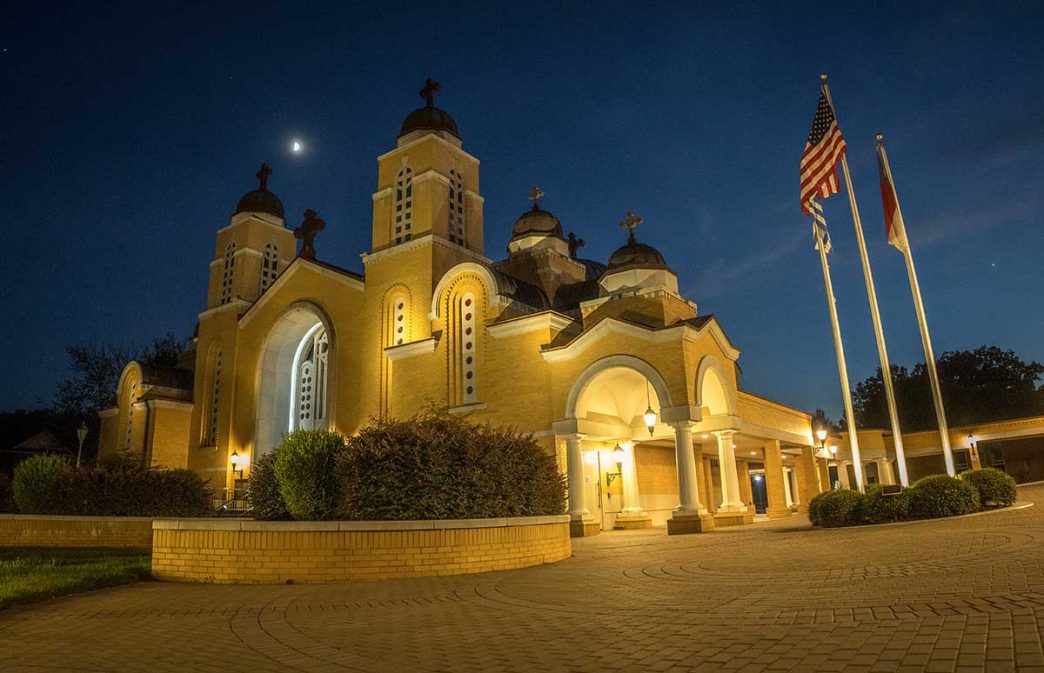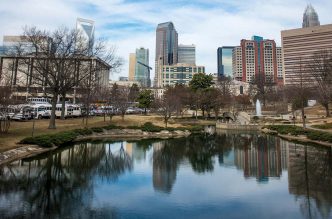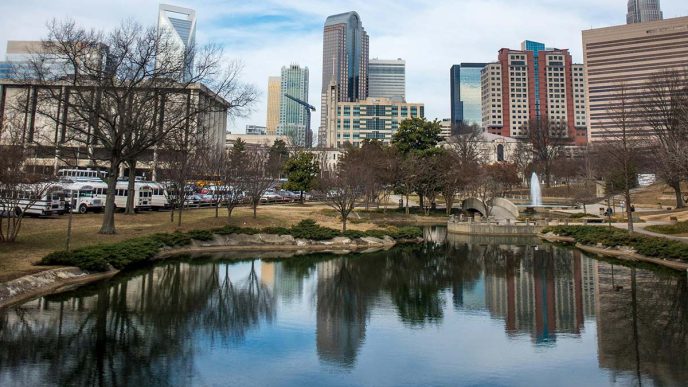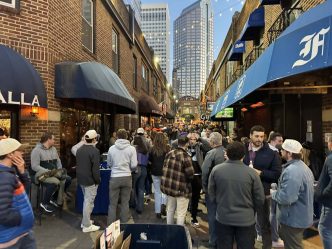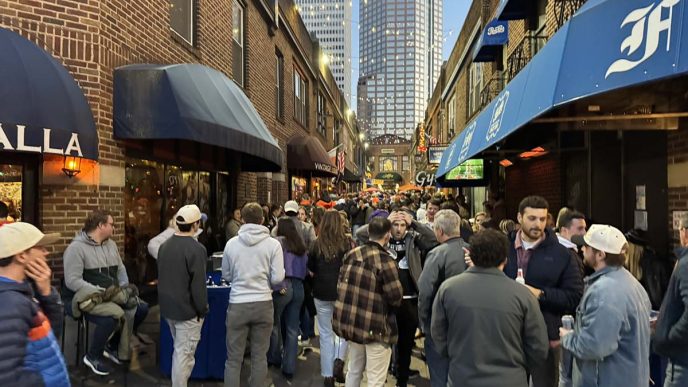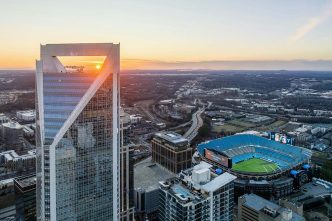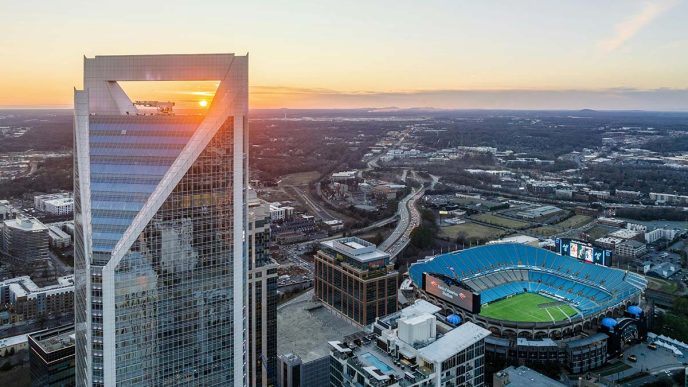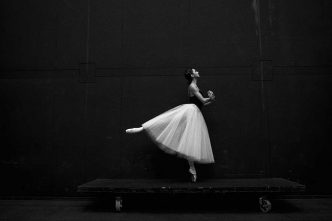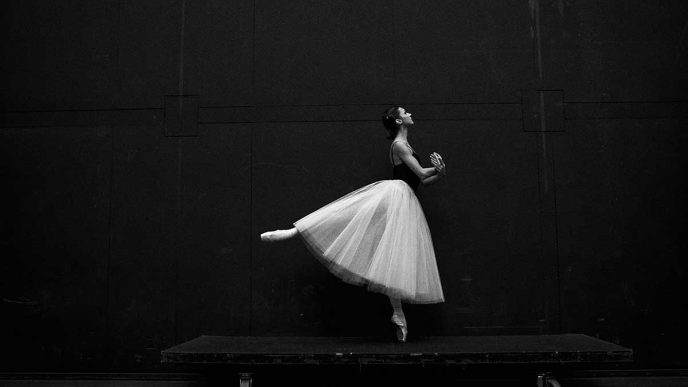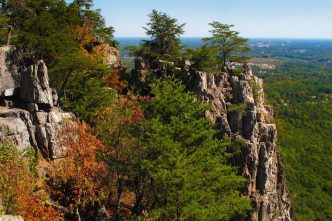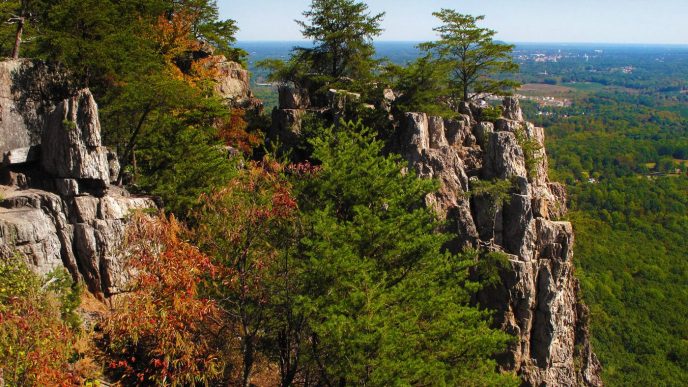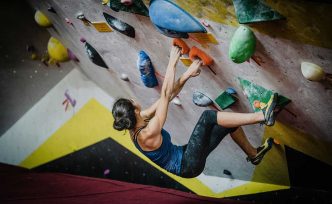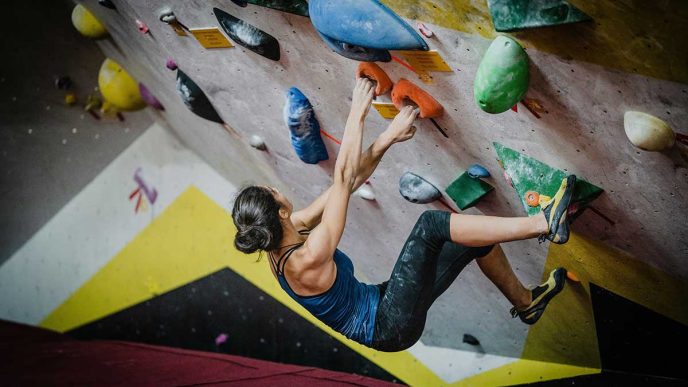Charlotte, NC – In a city like Charlotte, always chasing the next big thing, always reaching for a shinier skyline, the annual Yiasou! Greek Festival feels like a delightful anomaly. Held each fall on the grounds of the Holy Trinity Greek Orthodox Cathedral in Dilworth, it’s not just a festival; it’s a time warp, a soul-stirring journey to another place entirely. This isn’t just about sampling tasty food, this is about experiencing a culture that’s clung tightly to its roots, even thousands of miles away from its origins.
Sep 6 – 8, 2024
Friday: 11am – 10pm
Saturday: 11am – 10pm
Sunday: 11am – 6pm
This year, marking its 45th anniversary, the festival was a heady mix of the expected and the surprising. The familiar scent of grilling lamb mingled with the sweet, almost floral aroma of honey pastries, creating a smell that seemed to seep into your very pores. Honestly, my mouth still waters thinking about it. Under a crisp Carolina blue sky, a little slice of Greece had blossomed.
The Holy Trinity Cathedral, a stately building with its Byzantine dome, stood watch over everything. Its golden dome, visible for blocks, pulsed with the echoes of countless Orthodox hymns. I stepped inside for a moment, and the flickering candlelight on the icons seemed to soften the gaze of the saints. You could almost feel the weight of centuries of faith in those quiet moments.
But outside, in the courtyard—that’s where the real magic happened. The air vibrated with bouzouki music, that uniquely Greek sound that makes you want to dance, whether you know how or not. Dance troupes, a riot of color in their traditional costumes, spun and leaped. Little girls, no older than six or seven, in embroidered vests and flower crowns, already had the dignified grace of their grandmothers.
The older dancers, their faces lined with the stories of their lives, moved with a different, more powerful energy. Watching the Zeibekiko, a solo men’s dance, I felt a surge of… something. It’s hard to put into words. It was raw, a little wild, a dance of both joy and sorrow, expressed entirely through the body’s movements.
And the food! Where do I even begin? It was a feast fit for the gods, a culinary voyage to the sun-soaked Mediterranean. Every dish had a story behind it: the pastichio, a comforting hug in the form of baked pasta, meat, and creamy béchamel. The souvlaki, those perfect little skewers of marinated meat, tasted like they were cooked over an open fire in some ancient marketplace. And the baklava… oh, the baklava. Flaky, nutty, dripping with honey, it was a tiny, perfect work of art.
“It’s in our blood,” Maria Papadopoulos told me, her hands, gnarled but sure, deftly folding spinach and feta into phyllo. She’s been a festival volunteer for over two decades. “This is who we are. We share our food, our music, our dance—it’s how we share ourselves.”
Wandering through the crowd, I saw a reflection of Charlotte: a mix of faces, ages, backgrounds, all drawn together by this cultural gem. Families with sticky-fingered kids, elderly Greek couples holding hands, curious newcomers eager to try something new—they were all there. Does it get any better than that? It was a powerful reminder that culture, at its best, is alive, vibrant, and connects us in beautiful ways.
The Yiasou! Greek Festival is more than just a yearly event. It is proof that cultural heritage is a powerful force. It proves that ancient traditions can still feel fresh and relevant, even in the most unexpected places. As the sun set, painting the cathedral’s dome in shades of gold and rose, I walked away, a little dazed, a little dreamy. I carried with me the taste of honey, the echo of music, and a renewed appreciation for those moments when a community throws open its doors and says, “Come, be a part of our story.” For a few precious hours, Charlotte had felt less like a city on the make and more like a timeless Greek village, held close in the embrace of its own beautiful, enduring heritage. And I, for one, can’t wait to go back next year.
